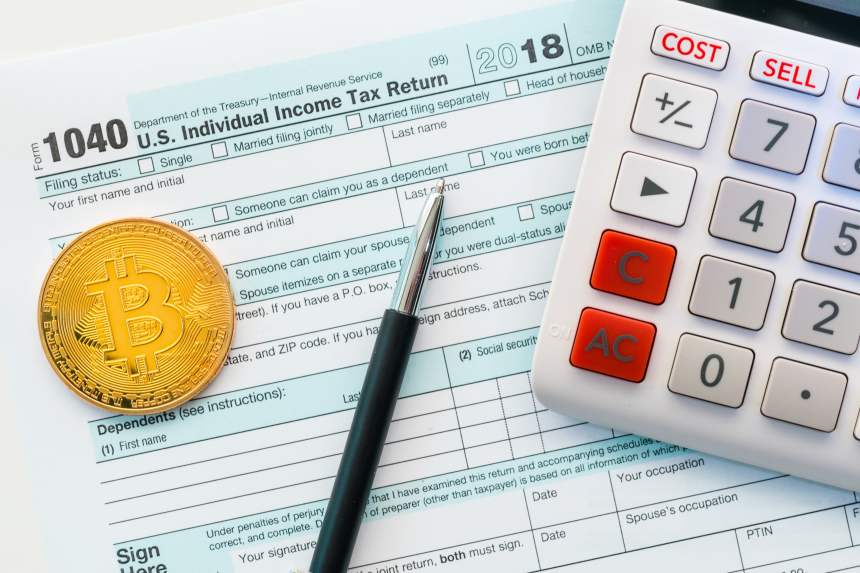By now, most crypto investors know that the United States government has begun to crack down on the crypto industry, and has begun targeting those who have used Bitcoin and other crypto-assets for illicit crime.
As part of the efforts, the Internal Revenue Service has also begun targeting crypto-holding American taxpayers, who may not have accurately filed their taxes in relation to the digital asset class. Tax evasion is a crime, and some new information could potentially help crypto holders with understanding how to avoid fines, or even jail time if crypto taxes aren’t properly reported.
Tax Advisor Claims IRS Seeks Separation Between Crypto Traders and Investors, According to Letters Sent
Last month, the IRS issued as many as 10,000 letters to crypto holders – most of which were Coinbase customers – reminding them of their responsibility to properly report taxes related to crypto holdings, dating back as far as 2013. The letters were of three-varying degrees of threat, ranging from, suggesting the taxpayer review their returns, to the most threatening, demanding an immediate response.
More than 10,000 cryptocurrency investors face a decision as they open letters from the IRS informing them that they may owe taxes on their digital holdings https://t.co/JhwpVUmCIs
— Bloomberg (@business) August 1, 2019
Despite such a small subset of crypto investors targeted by the IRS letters, it sent chills down the spines of crypto holding Americans everywhere, more so due to the complete lack of clarity surrounding crypto tax law. Even Congress has pushed the IRS to provide more clarity for crypto investors, but instead focus on sharing dated slides about how the digital asset class is used for crime.
Related Reading | Congress Slams IRS Over Bitcoin Tax Law; Here’s the Major Loophole for Crypto Investors
However, according to a New York Post article, the IRS may be specifically targeting holders that make many buy and sell transactions, spilling into the territory of “trading” instead of “investing,” which would put the gains earned into a completely different tax category.
Crypto assets are considered property, and the earnings and losses are subject to capital gain and loss tax rates around 20% for longer-term holdings. Earnings from trading, however, could be considered income and be may be taxed at a higher 37% tax rate, causing a discrepancy in many holders past reporting that may need to be amended to comply with the law – law that frankly isn’t clear.
The comments come from Timothy Speiss, Wealth and Tax Advisor from accounting company EisnerAmper.
“The IRS is going to argue that someone who trades frequently and at high volume will be subject to get the ordinary tax rate at 37 percent,” Speiss claims. “Traders need to be careful.”
Speiss adds that anyone who received the most threatening of IRS letters has been likely been deemed a trader and not an investor, and suggests amending tax returns to reflect the proper tax rates.
Related Reading | Confusing U.S. Tax Laws Lead to $5 Billion In Unrealized Crypto Losses
Going back to 2013 may be a chore for Bitcoin traders who have spent years making transactions, but it’s better than spending years behind bars for tax evasion. The beauty of blockchain makes all these transactions viewable, so rectifying the situation – while daunting – is doable.
